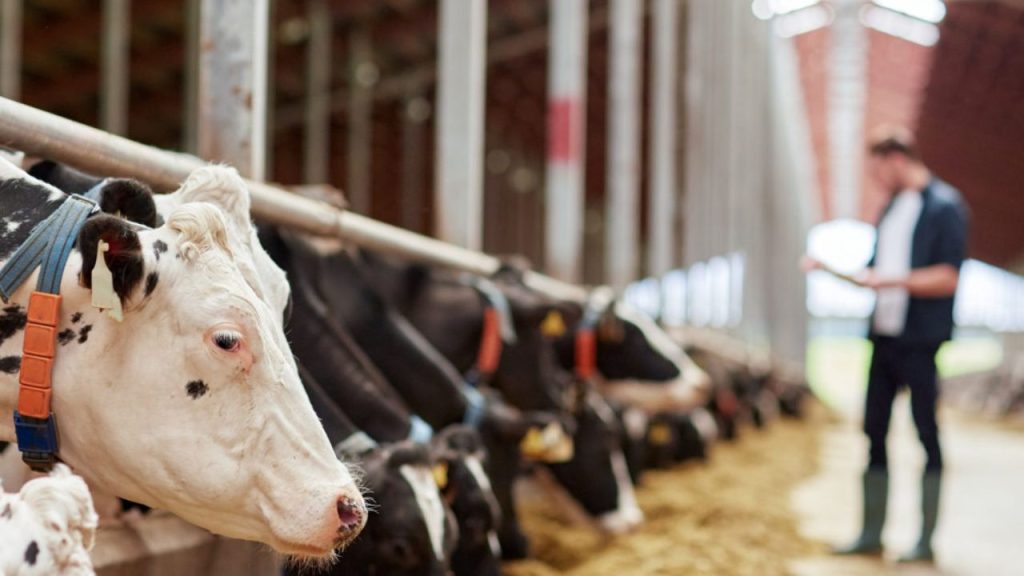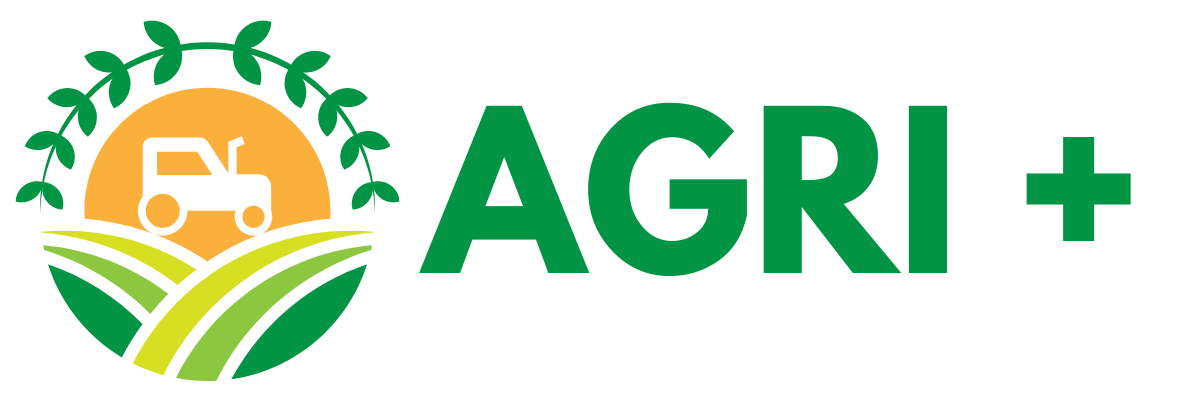Key Sustainable Dairy Farming Practices
Several sustainable practices are transforming dairy farming in the UK, aimed at reducing environmental impact and improving farm efficiency. Here are some of the most significant practices:
1. Improved Manure Management
Effective manure management is crucial for reducing the environmental impact of dairy farming. Innovations in this area include:
- Anaerobic Digesters: These systems convert manure into biogas and digestate. The biogas can be used for renewable energy, while the digestate can be applied as a fertiliser, reducing reliance on chemical fertilisers.
- Manure Separation: Separating solids from liquids in manure allows for more efficient nutrient management and reduces the risk of water pollution.
2. Efficient Feed Practices
Optimising feed efficiency can significantly impact both environmental sustainability and farm productivity:
- Precision Feeding: Using technology to tailor feed rations to the specific needs of each cow improves nutrient utilisation and reduces waste. This practice can lead to better milk production and lower feed costs.
- Sustainable Feed Sources: Incorporating feed ingredients with a lower environmental footprint, such as by-products from other industries or locally sourced feeds, helps reduce the carbon footprint of dairy production.
3. Renewable Energy Use
Incorporating renewable energy sources into dairy farming operations can help reduce reliance on fossil fuels:
- Solar Panels: Installing solar panels on farm buildings provides a source of renewable energy for electricity and hot water.
- Wind Turbines: Small-scale wind turbines can generate electricity for on-farm use, further reducing energy costs and carbon emissions.
4. Water Conservation
Water management is essential for sustainable dairy farming, given the high water usage associated with dairy operations:
- Efficient Water Use: Implementing water-saving technologies, such as low-flow drinkers and automated watering systems, reduces water consumption.
- Rainwater Harvesting: Collecting and storing rainwater for use in cleaning and irrigation helps reduce the demand on local water supplies.
5. Enhanced Animal Welfare
Sustainable dairy farming also involves improving the welfare of dairy cows:
- Better Housing: Providing comfortable, well-ventilated housing with adequate space and bedding improves animal welfare and can reduce stress-related health issues.
- Health Monitoring: Using technology to monitor cow health and behaviour allows for early intervention and more personalised care, leading to healthier animals and improved milk quality.
Benefits of Sustainable Dairy Farming

Adopting sustainable dairy farming practices offers numerous benefits:
1. Environmental Impact Reduction
Sustainable practices help minimise the environmental footprint of dairy farming by reducing greenhouse gas emissions, conserving water, and managing waste more effectively. For example, using anaerobic digesters for manure management reduces methane emissions, a potent greenhouse gas.
2. Improved Farm Efficiency
Efficient feed practices and renewable energy use can lead to cost savings and increased productivity. Precision feeding improves milk yield and reduces feed waste, while renewable energy sources can lower energy costs and increase farm resilience to energy price fluctuations.
3. Enhanced Animal Welfare
Better housing and health monitoring contribute to improved animal welfare. Healthier cows are more productive and produce higher-quality milk, which can also lead to better financial returns for farmers.
4. Consumer Appeal
There is growing consumer demand for sustainably produced dairy products. By adopting sustainable practices, farmers can enhance their market appeal and meet the expectations of environmentally conscious consumers.
Challenges and Considerations
While sustainable dairy farming offers significant benefits, there are also challenges to consider:
1. Initial Costs and Investment
Implementing sustainable practices often requires significant upfront investment. For example, installing renewable energy systems or advanced manure management technologies can be costly. Farmers may need financial support or incentives to adopt these practices.
2. Knowledge and Training
Successful implementation of sustainable practices requires knowledge and training. Farmers need to be familiar with new technologies and methods to effectively integrate them into their operations. Access to training programmes and resources is essential for successful adoption.
3. Balancing Productivity and Sustainability
Finding the right balance between productivity and sustainability can be challenging. Farmers must ensure that sustainable practices do not compromise milk production or profitability. Effective planning and management are crucial to achieving this balance.
Conclusion: Sustainable Dairy Farming Practices in the UK
Sustainable dairy farming practices are transforming the UK dairy sector, offering benefits in terms of environmental impact, farm efficiency, and animal welfare. By adopting innovations such as improved manure management, efficient feed practices, and renewable energy use, British dairy farmers can enhance the sustainability of their operations. While challenges remain, the shift towards more sustainable practices represents a positive step towards a more resilient and responsible dairy industry. As the sector continues to evolve, ongoing support, investment, and knowledge sharing will be key to ensuring that sustainable dairy farming practices can be effectively implemented and sustained.
